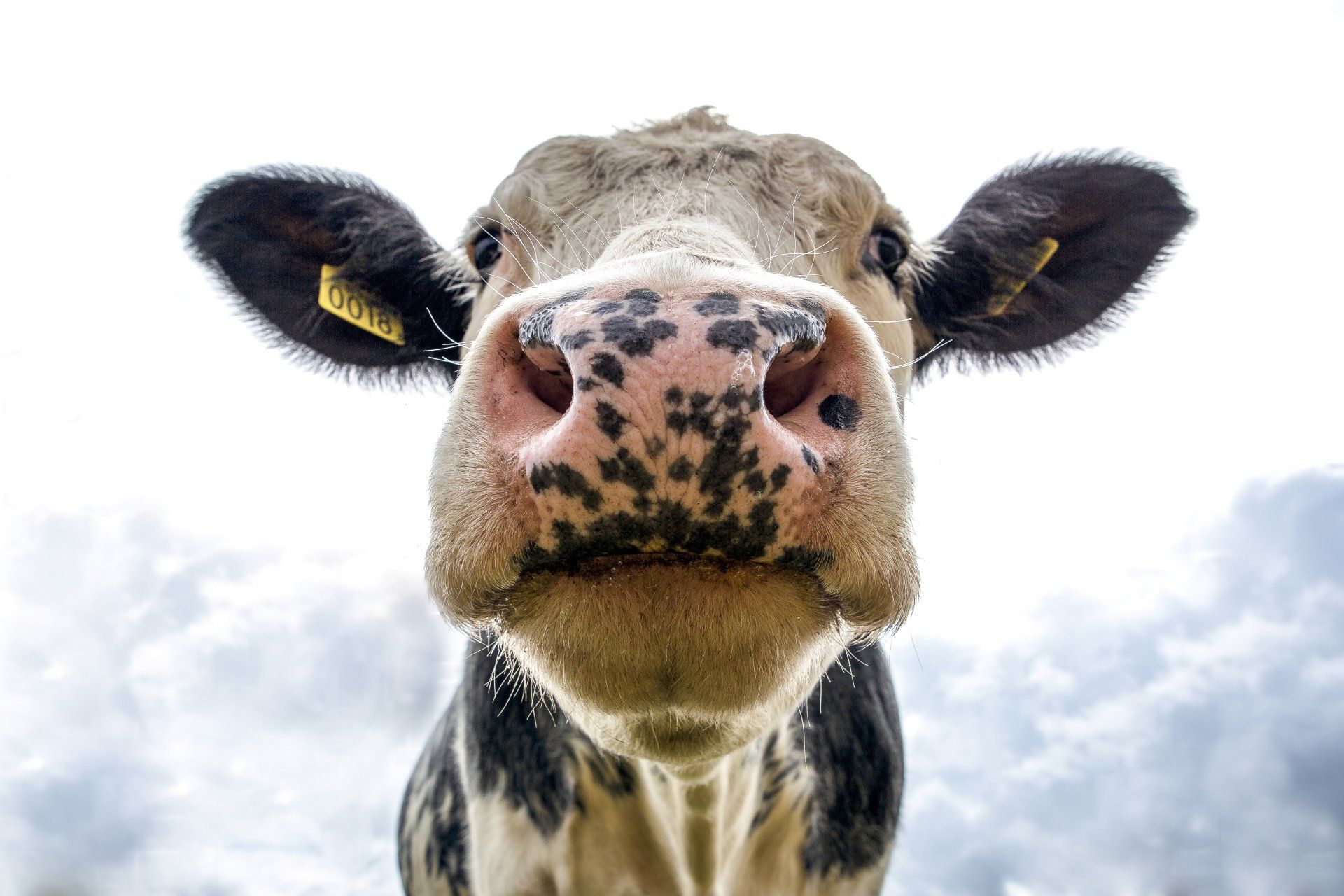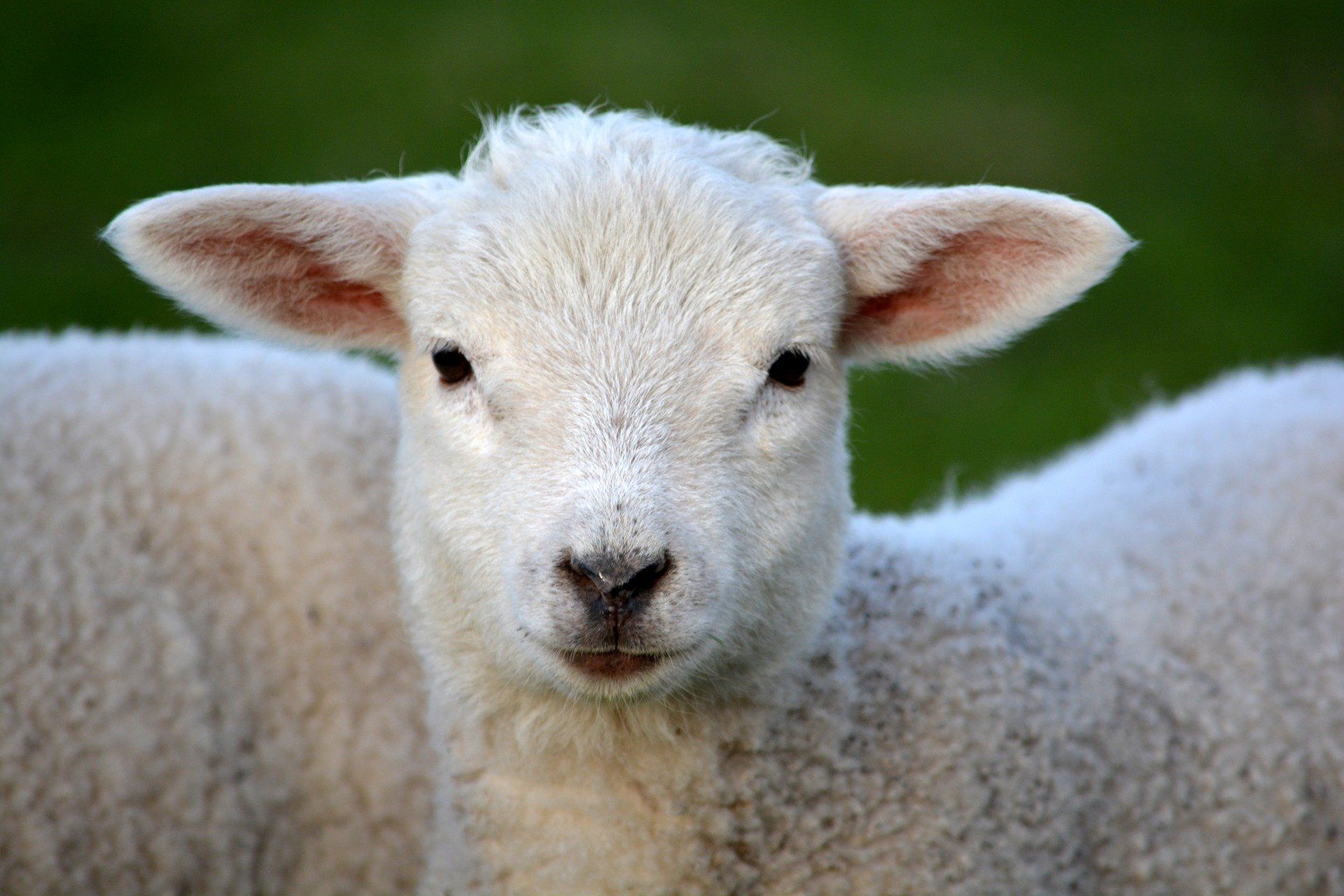Anthelmintic Resistance
Anthelmintic resistance compromises our ability to control parasitic worm burdens and has associated health welfare and economic consequences for the livestock and equine sector.
We are actively involved in promoting responsible use of Anthelmintics:
- We have formed an internal working group initially focusing on Anthelmintic Resistance in sheep, cattle and horses. This presentation gives an introduction and overview of Anthelmintics as well more information about the working group.
- Our Antiparasitic Resistance Research Symposium Connect page gives more information about the anthelmintic resistance research projects we sponsor.
- We are represented on the pan-industry SCOPS and COWS steering groups. These groups produce and disseminate information to promote responsible use of anthelmintics for the sustainable control of parasites in livestock.
- We encourage the reporting of any suspected lack of efficacy and you can help with this through our online reporting form.
- We are working with
CANTER to tackle the critical issue of anthelmintic resistance in the equine sector. This pan-industry equine group aims to promote a consistent approach to parasite control through the development of evidence-based best practice guidelines for all prescribers.
Antiparasitic Resistance Research Symposium 2023
Recordings from our webinar on 9th August 2023
Over 100 delegates joined our expert panel to explore how the research findings from our VMD-funded projects have improved our understanding of the extent and spread of antiparasitic resistance in the UK and helped to develop diagnostic tools for the detection of resistance.
The presentations showcased how the outputs of VMD-funded research have informed and validated best practice guidance for parasite control in livestock and contributed to wider initiatives, for example the work of SCOPS, the development of the Wormer Treatment Check (Defra Pathway) and the RDPE ‘For Flock’s Sake’ Project.
Anthelmintic Resistance Session

Roundworms and resistance; what roles do animal movement and wildlife play in their dissemination?
Dr Dave Bartley, Moredun Research Institute
This presentation covered the role of wildlife and livestock movements in the dissemination of roundworms and anthelmintic resistance between UK farms and illustrate the need to employ robust biosecurity measures in the livestock sector. It also covered how molecular tools were refined and used to explore the magnitude, species profile and prevalence of genetic markers for benzimidazole resistance within roundworm populations transported between farms.
Simplified methods and approaches to monitor and manage anthelmintic efficacy on sheep farms
Professor Eric Morgan, Queen’s University Belfast
This presentation highlighted how VMD-funded research has helped to improve the abilities of farmers and their advisors to cheaply and accurately monitor the effectiveness of anthelmintic treatments against nematodes and to detect and react to the presence of anthelmintic resistance. It covered how faecal egg count reduction results varied geographically and seasonally and how methods have been refined to improve accuracy and offer specific ways forward after treatment failure.
The impact of VMD funded anthelmintic resistance projects at farm level
Lesley Stubbings, Independent Sheep Consultant
This presentation summarised how VMD-funded research has been translated to inform and validate practical guidelines and improve the knowledge and tools available to vets and advisers. For example the outputs from VMD-funded research contributed to the work of SCOPS and the development of guidance for the Worming Treatment Check (Defra Pathway). The VMD-funded research projects also provided signposting as to the future needs in terms of speciation and the management of resistance to multiple anthelmintic groups on farms.
Cattle lungworm; are we seeing changing epidemiology and/or a reduction in treatment efficacy?
Dr Dave Bartley, Moredun Research Institute
This presentation highlighted the findings from a stakeholder workshop around the current perceptions around bovine lungworm and anthelmintic efficacy/resistance in UK cattle. The workshop investigated a number of areas namely; what does lungworm epidemiology looks like now in the UK, how do we assess anthelmintic inefficacy in the field and what practical steps should stakeholders take if anthelmintic inefficacy is suspected on farm?
Sheep Scab Session

What mite work for ewe?
Debbie Collins, Fera Science
This presentation covered the achievements following a three year research project investigating the in vitro rearing of scab mites, development of a pesticide resistance detection test and the identification of alternative control measures.
Sustainable control of sheep scab in the face of developing resistance to the macrocyclic lactone injectables
Dr Stewart Burgess, Moredun Research Institute
This presentation covered the emergence and distribution of macrocyclic lactone resistance in P. ovis mites and how this knowledge is changing the way in which we control sheep scab. It also covered the outcomes of the modelling studies performed by the University of Bristol, the recent developments in the sheep scab ELISA and how best to interpret the outputs from the test at the flock-level.
Coordinated control of sheep scab across the four nations of the UK – VMD-funded research into action
Dr Stewart Burgess, Moredun Research Institute
This presentation covered how the outputs from the VMD-funded research project were developed and applied in the design and implementation of coordinated control programmes across the UK, including schemes in England (RDPE-funded), Scotland (Lewis & Harris – funded by Scottish Government), Northern Ireland (BBSRC-funded) & Wales. Ultimately, it sets out a new vision for the sustainable control of sheep scab in the future.
Meet the expert panel
Debbie
Collins
Debbie Collins is a research entomologist with degrees in Applied Biology and Pest Management and has worked at Fera (and its predecessors) for over 30 years. Expertise includes the evaluation of chemical, physical and biological control measures against a range of agricultural, domestic, ectoparasitic and storage insect and mite pests; using a range of assessment bioassays. Activities also include the generation of efficacy evaluation data for product registration dossiers, pesticide resistance tests and assessing the integrity of food packaging and product infestability.
Dave
Bartley
Dave Bartley is a Principal Scientist at Moredun Research Institute with 30 years of experience investigating various aspects of sustainable parasite control in livestock. He has a keen interest in all facets of anthelmintic resistance research, particularly in areas around the detection and management of anthelmintic resistance in roundworms of livestock and also in stakeholder engagement.
Dave actively participates in the promotion of best practice roundworm control in livestock and his work has been used to inform and update government, levy board and industry led initiatives (e.g. Sustainable Control of Parasites of Sheep; SCOPS and Control of Worms sustainably; COWS) on best practice advice.
Lesley
Stubbings
Lesley graduated from University of Nottingham and has spent over 40 years working as a consultant in the sheep industry. Following 18 years with ADAS, Lesley started up her own business (LSSC Ltd) in 1997 providing specialist advice on all aspects of sheep production to farmers, corporate bodies, vets, Government and NGOs. Lesley has a central role in SCOPS (Sustainable Control of Parasites in Sheep) and has been heavily involved in sheep scab, including the VMD and RDPE projects in recent years.
Lesley is an Honorary Life Member of the Sheep Veterinary Society, Associate Honorary Professor, University of Nottingham and recipient of the NSA George Hedley Award. She was appointed an OBE in 2006 for contributions to the sheep industry.
Eric
Morgan
Eric Morgan qualified in 1997 and after a short period in mixed practice completed a PhD at the University of Warwick in the United Kingdom on parasite epidemiology and ecology, joining Bristol Veterinary School in 2003. There he further developed research interests in parasite transmission and sustainable control and taught parasitology to veterinary students, moving to Queen’s University Belfast in 2017. He is author or co-author of more than 150 peer-reviewed papers on this subject, many on helminths in grazing ruminants, and particularly seeks to understand the impact of weather and climate change on infection patterns and how these can be managed. As Diplomate of the European Veterinary Parasitology College and core group member of the international initiatives Combating Anthelmintic Resistance in Ruminants and the Livestock Helminth Research Alliance, he contributes to the development of sustainable parasite control strategies and their translation into practice, at UK and international levels.
Stewart
Burgess
Stewart heads up the sheep scab research group at the Moredun Research Institute (MRI). The groups’ research focuses on the development of novel tools for the control of sheep scab, which is caused by infestation of the skin with the sheep scab mite, Psoroptes ovis. Recent developments include a commercially available sheep scab ELISA (blood test) which is able to detect infested animals before the appearance of clinical signs and the first prototype sheep scab vaccine, which significantly reduces mite numbers and the size of the skin lesions offering a more sustainable method of scab control in the future. Stewart is also leading a number of sheep scab control programmes across Great Britain, including the Rural Development Programme England (RDPE)-funded sheep scab control programme in England, which aims to demonstrate the utility of a cluster-based approach to the control of scab in three sheep scab hot-spot areas in England.





